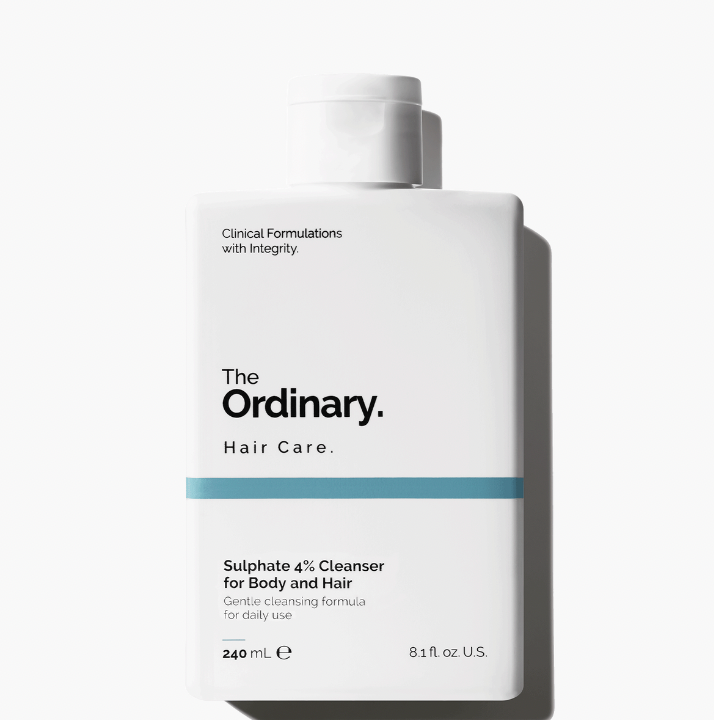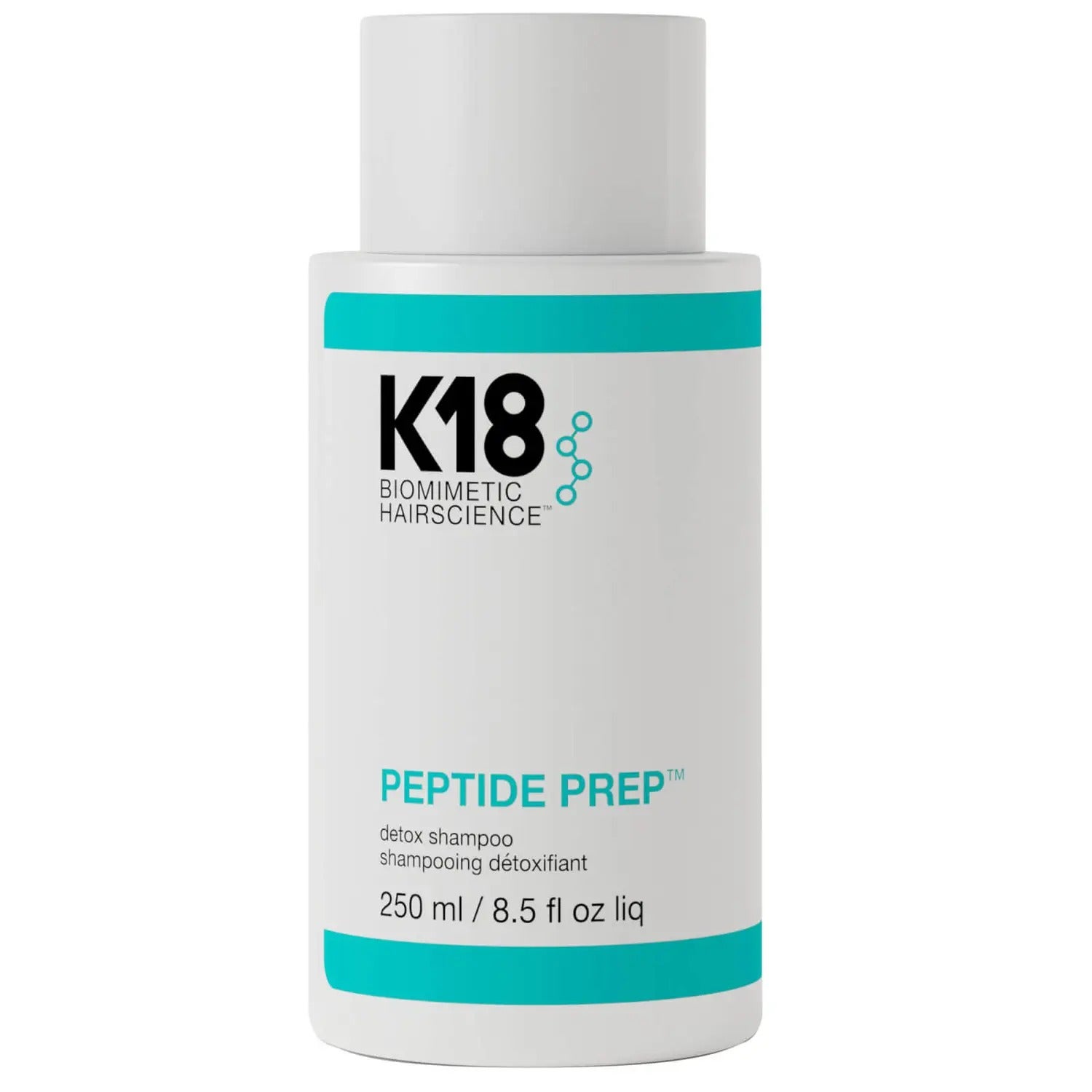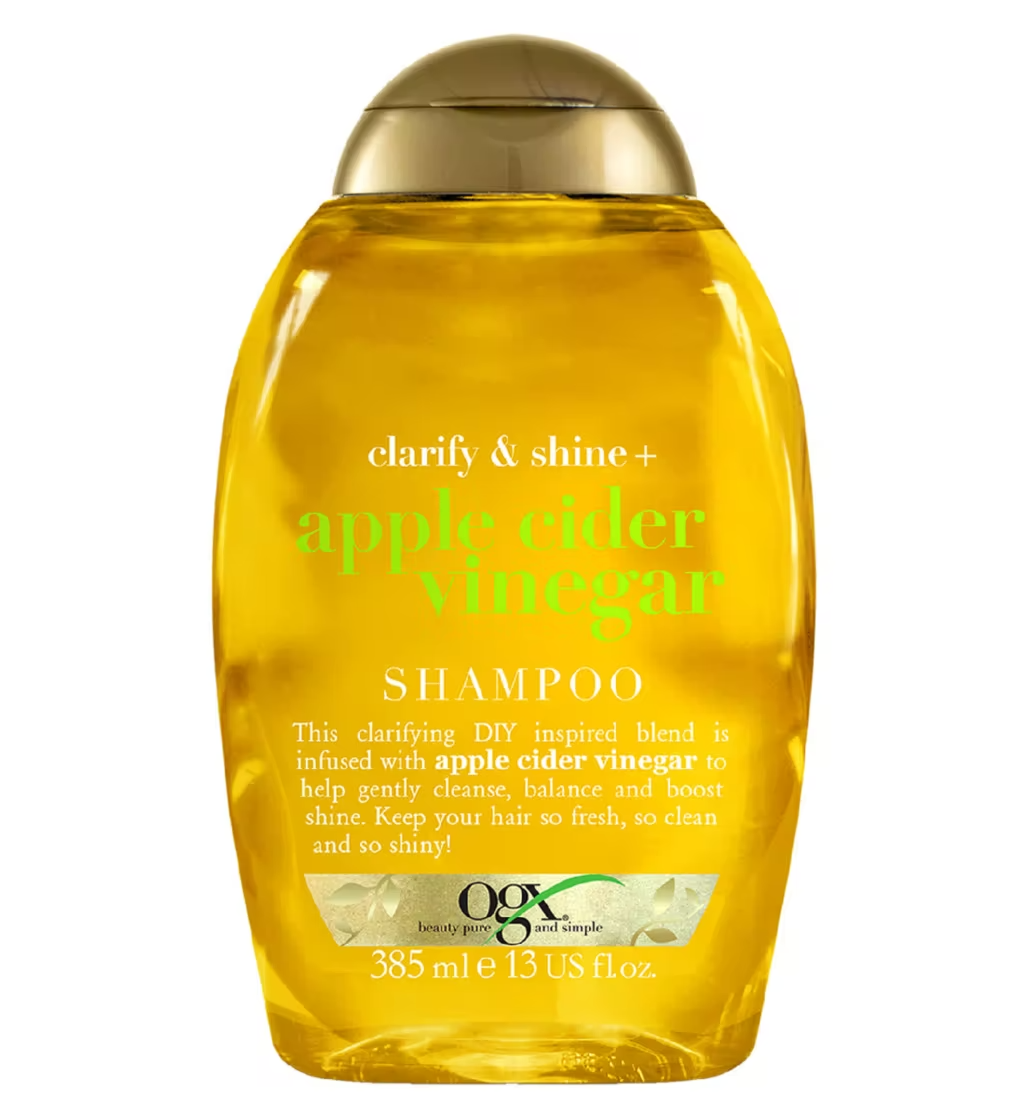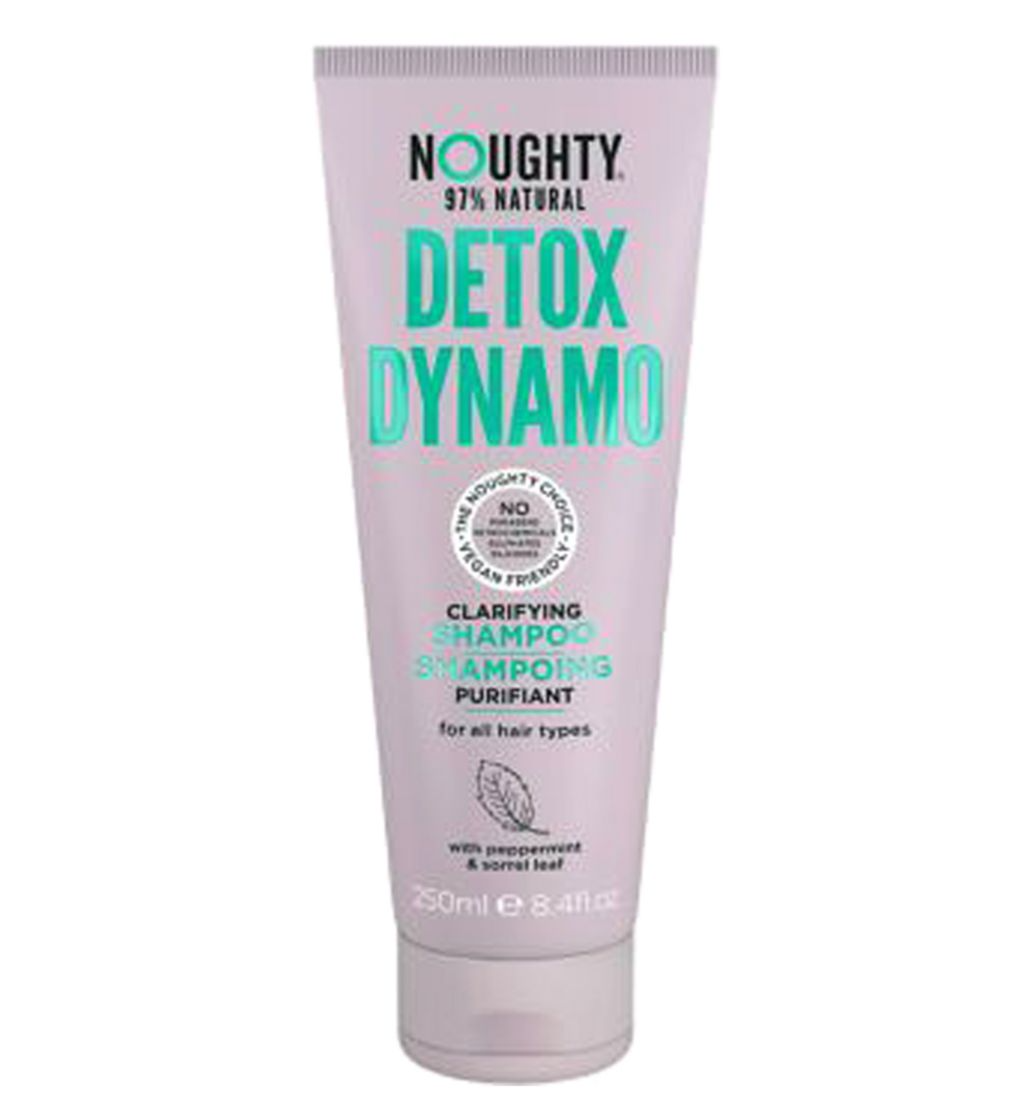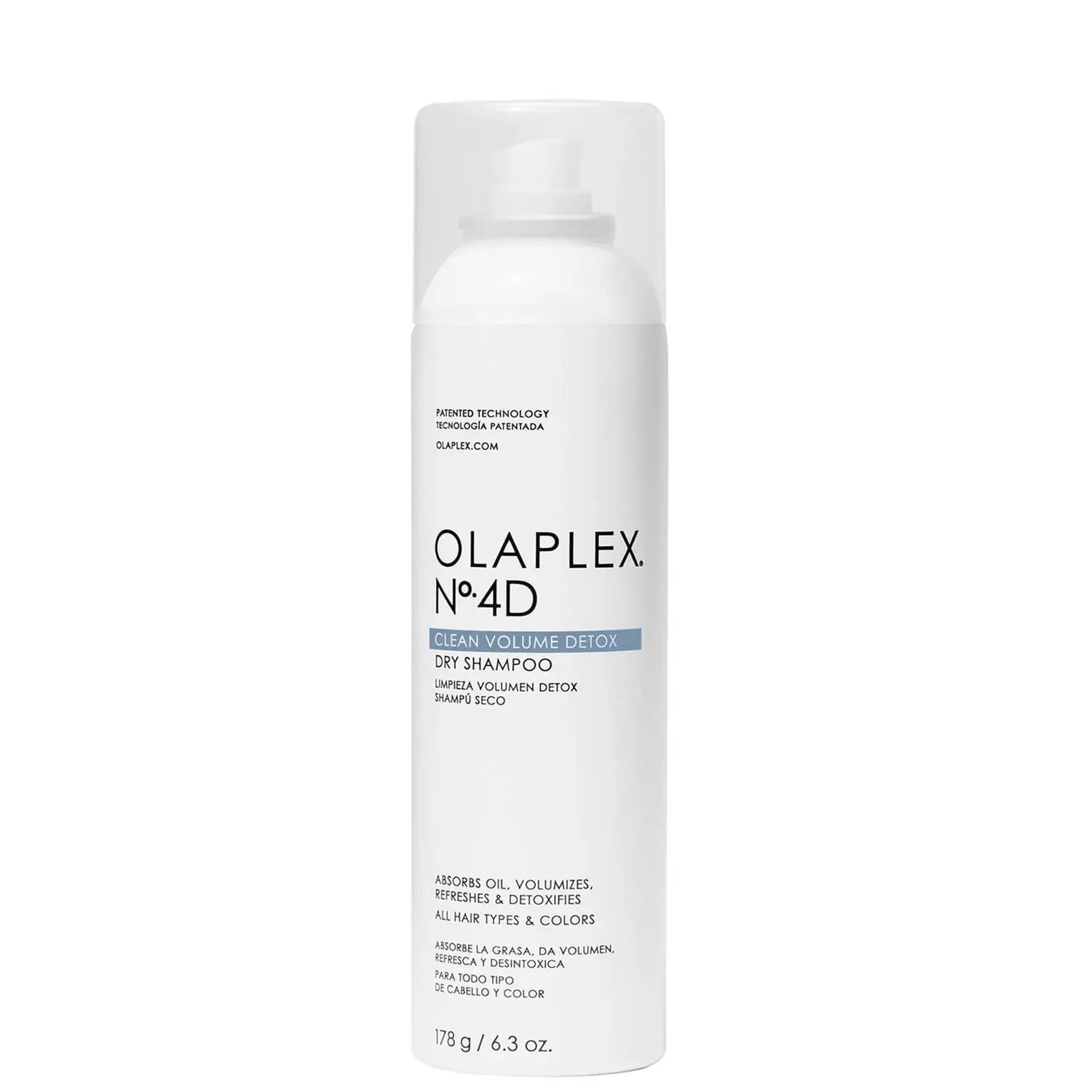The beauty industry has a habit of convincing us that our hair is forever short of something, regardless of its type or texture. Whether your strands are supposedly starved of moisture, in need of a keratin boost or lacking density, you can bet that there’s a product which is poised as a remedy. It’s little wonder, then, that navigating the hair-care aisle can be a daunting prospect, and if you’ve ever wondered how much a brand’s claims are clever marketing, you aren’t the only one.
For every necessity like shampoo (imperative for removing product buildup, oil and pollution from your hair and scalp) and heat protector spray (for safeguarding hair against damage inflicted by styling tools), there are a handful of products with questionable advantages. Can rosemary oil make your hair grow? Are hair supplements useless? Can you actually repair split ends? We asked the experts for their honest opinions.
AdvertisementADVERTISEMENT
Can you mend split ends?
Hair becomes damaged when exposed to the elements (like wind and UV radiation), friction from clothes, bedding and brushing, or heat from styling tools. It’s entirely normal for your hair to get weathered, resulting in split ends. But products which claim to “repair” or “mend” them are misleading. “It’s like a ladder in tights,” says Eva Proudman, consultant trichologist and fellow of the Institute of Trichologists in the UK. “Once [your hair strand] splits, that split will run up the hair shaft and keep going until you cut it off. You can’t glue it back together.”
Split-end products will simply coat the hair to make it look and feel more smooth. “The reason you can’t fix split ends is because the outside protective layer of the hair — the cuticle — overlaps, just like the tiles on a roof,” says Proudman. “This protects the cortex, which is the protein fibre of the hair. The minute it’s broken, it’s broken.” Proudman compares it to a tile coming off that aforementioned roof. “You can put polythene over it to stop the water coming in but it’s not fixed.”
Another downside of split-end products is that they can build up on the hair, particularly if they aren’t water soluble, says Proudman, or if they contain silicone. “Initially, you might think, wow, this is a miracle. But three weeks in, you might find your hair is really dry.” In other words, book a trim, stat.
AdvertisementADVERTISEMENT
Will rosemary oil make your hair grow?
Rosemary oil has an enormous 204.9 million views on TikTok, with users claiming that it helps with hair loss. While the anecdotal evidence is strong, the science is lacking. “Hair oils are a little bit of a red herring,” says Proudman. “If you were to massage your scalp with dry hands — nothing on them — you’d be stimulating blood flow into the hair follicle. When you stimulate blood flow, you stimulate follicular activity, which encourages hair growth.”
In short, it might not be the oil that is stimulating hair growth, rather the massage action. So does rosemary oil have any benefits at all? “An oil like rosemary oil is mildly soothing and mildly stimulating,” says Proudman, so it could help alleviate itchiness and dry skin. It is also said to have anti-inflammatory properties, which reduces redness, and antioxidant abilities, which can protect hair against environmental aggressors like pollution.
An ingredient that does have some efficacy is menthol, says Proudman, which often features in shampoos and conditioners. However, neither menthol or rosemary oil will treat female pattern hair loss or increase the rate of hair growth. This, says Proudman, is genetically programmed.
Do thickening shampoos increase hair growth?
“I’ve never experienced a shampoo that meaningfully thickens or speeds up the rate at which hair grows,” says Tom Smith, a hairstylist, trend forecaster and an expert in hair health. He suggests that if a shampoo were to enhance hair growth, it would have to be considered a drug, such as minoxidil (the only FDA-approved topical treatment for hair loss). This is sold over the counter and doesn’t require a prescription. “Thickening claims typically come from a physical coating of the hair strand,” adds Smith, “which genuinely helps some people feel as though their hair has more bulk.”
AdvertisementADVERTISEMENT
Proudman agrees that any effects will be purely cosmetic. She has performed clinical trials with volumising shampoos which deposit proteins such as wheat or soya onto the hair. “They wrap around the outside to give the actual individual hairs an increase in diameter, which makes it look and feel thicker,” says Proudman. But what thickening products can’t do is increase the hair growth or give you more hair on your head. “Hair has a growth cycle, which you inherit as part of your genetics,” explains Proudman. “Half to a centimetre of growth a month is average for 80% of people, though some will experience less and some may experience slightly more. Nothing you wash your hair with, or put on it, will change that. It’s genetics.”
Smith adds that while thickening hair products have their benefits, too much of a “good thing” can leave hair feeling heavy, tangled or hard to manage. As such, don’t be afraid of shampoos with sulphates, as they will lift away product buildup quickly and effectively. Try The Ordinary Sulphate 4% Cleanser for Body and Hair, currently £6.08, which contains gentle sodium laureth sulfate to cleanse hair thoroughly.
Is keratin bad for your hair?
“The body makes keratin A,” explains Proudman, which is found in hair, skin and nails. The body needs nutrition, especially good protein, to make this keratin, so having a balanced diet is essential for healthy hair. Keratin-infused hair care is said to protect hair against damage, reduce frizz and make hair smooth. Typically, though, the keratin found in hair products isn’t actually keratin at all, says Proudman. She says that it’s usually an amino acid of some sort (a basic building block for protein) which coats the hair, rather than penetrates it. “Generally, it’s not adding keratin into the structure of the hair,” she says.
AdvertisementADVERTISEMENT
There’s a lack of regulation in the hair care industry and the word “keratin” is often used very loosely, adds Proudman, and it can be misleading. Smith seconds this: “In hair care, ‘keratin’ is a term used to describe ‘protein-containing’ [products]. Various types of protein are used in formulations to help bind to and strengthen hair, most often quinoa and wheat protein.” However, Smith does pinpoint hair-care brand Virtue, which enlists a patented Alpha Keratin 60ku® protein. “This was originally developed by biochemists to heal the skin of wounded soldiers,” says Smith, and in hair care, it has the ability to minimise the look and feel of hair damage.
Can you “detox” your scalp?
You can’t feed your scalp a green juice, so what exactly are detox shampoos and serums doing for the hair? Essentially, says Proudman, they balance the scalp. “Our scalp is 7% of the total skin on our body but it’s completely unique because it has 180,000 oil glands on it,” says Proudman, “which is the largest concentration on the body anywhere. It also has sweat glands, so it needs to be looked after like skin, which we wash every day.” If you aren’t keeping your scalp clean, then you may experience an imbalance. This is due to a natural yeast which lives on our scalp. “We usually don’t know it’s there,” says Proudman, “but if you allow sebum, natural oil and sweat to build up, this yeast becomes overactive, which can cause inflammation, itching and scaling.” In this case, it’s not about detoxing, but instead, rebalancing.
AdvertisementADVERTISEMENT
Proudman suggests looking for “balancing” shampoos with salicylic acid, a gentle chemical exfoliator that will dislodge excess skin cells, and zinc pyrithione to put the yeast back in its place so that you have the best growing medium for your hair. “If you keep your scalp balanced, your hair will naturally be more healthy,” she says.
Other products labelled as “detoxing” tend to simply offer stronger cleansing, such as a clarifying shampoo, which may be beneficial if you use lots of styling products, dry shampoo or don’t wash your hair very often. Proudman says that there isn't much difference between a balancing shampoo and a clarifying version. “They are very similar but the latter will be a little more astringent to take more oil away from the root.” Try using a balancing or clarifying shampoo once a week. R29 rates K18 Peptide Prep Detox Shampoo, £39, but if you’d rather spend less, try Noughty Detox Dynamo Clarifying Shampoo , currently £3.99, or OGX Apple Cider Vinegar Shampoo, currently £5.33.
If you’re in between washes, Smith recommends Olaplex No.4D Clean Volume Detox Dry Shampoo, £28. “This contains rambutan seed extract, which is an antioxidant ingredient that improves the scalp environment and absorbs excess oil.”
AdvertisementADVERTISEMENT
Will hair gummies and supplements make your hair grow faster?
There are many factors which cause the hair to shed excessively or to thin, says Proudman, but an imbalanced diet is often a big contributor. However, before she suggests hair supplements to improve a patient’s hair, she will give them a blood test to see exactly what they’re deficient in. “Gummies on the shelf have a little bit of this and a little bit of that, but not enough of anything,” says Proudman. “They’ll have some amino acids to give you some protein, a bit of vitamin A, vitamin B and biotin — but that might not be what you really need.” For this reason, she wouldn’t recommend self-diagnosing or buying supplements off the shelf. Likewise, Smith says you may be wasting your money if you aren’t lacking in those vitamins and nutrients.
What’s more, while your hair has a massive nutritional need, it doesn’t have priority, says Proudman, so any nutrients and vitamins will benefit everything else before they reach your hair. If you’re concerned about hair growth, density, or health, both Smith and Proudman advise consulting a medical professional who will help diagnose you and put you on the right path.
If you do choose to try supplements, be mindful of biotin. Consultant dermatologist Dr Anjali Mahto and trichologist Sally-Ann Tarver from The Cotswold Trichology Centre previously told R29 that taking large amounts of biotin can cause issues. “Incorrect results in blood tests is a possibility, so when you go to consult a trichologist armed with your test results, they may miss something vital because the results are skewed,” said Tarver. Excess biotin in the bloodstream may also lead to potential hormonal issues, as well as misdiagnosis of a heart attack, which has major clinical implications, said Dr Mahto.
AdvertisementADVERTISEMENT
Be wary of inflated claims, too. “Some are generally, scientifically impossible,” says Proudman. “Your hair grows on a four-month cycle. You can’t [make it grow longer] in four weeks.”
Does anti-ageing hair care really work?
Just like our skin, hair ages — and it’s an entirely normal process. Typical concerns of “ageing” hair might be coarse, dehydrated, dull, thin and stiff strands, says Smith, but he believes that “anti-ageing” hair care is simply a marketing term, rather than a promise of results. “Hair care in this category is designed to give silkiness, softness and suppleness to hair, rather than anything specifically related to age,” says Smith, but he thinks it’s a little misleading, as the same benefits can be found in various other conditioning, shine or anti-frizz products. “This type of marketing is designed to play on a consumers insecurities,” he says. “Ageing hair can be beautiful as sparkling white strands grow in.” As for greying hair, it’s impossible to stop the process. “Melanocytes — the cells that produce melanin, which produce hair colour — sit in the root of the hair,” explains Proudman. “If they are starting to fail because of ageing, they’re starting to fail; we can’t stop the body clock.”
At Refinery29, we’re here to help you navigate this overwhelming world of stuff. All of our market picks are independently selected and curated by the editorial team. If you buy something we link to on our site, Refinery29 may earn commission.
AdvertisementADVERTISEMENT







